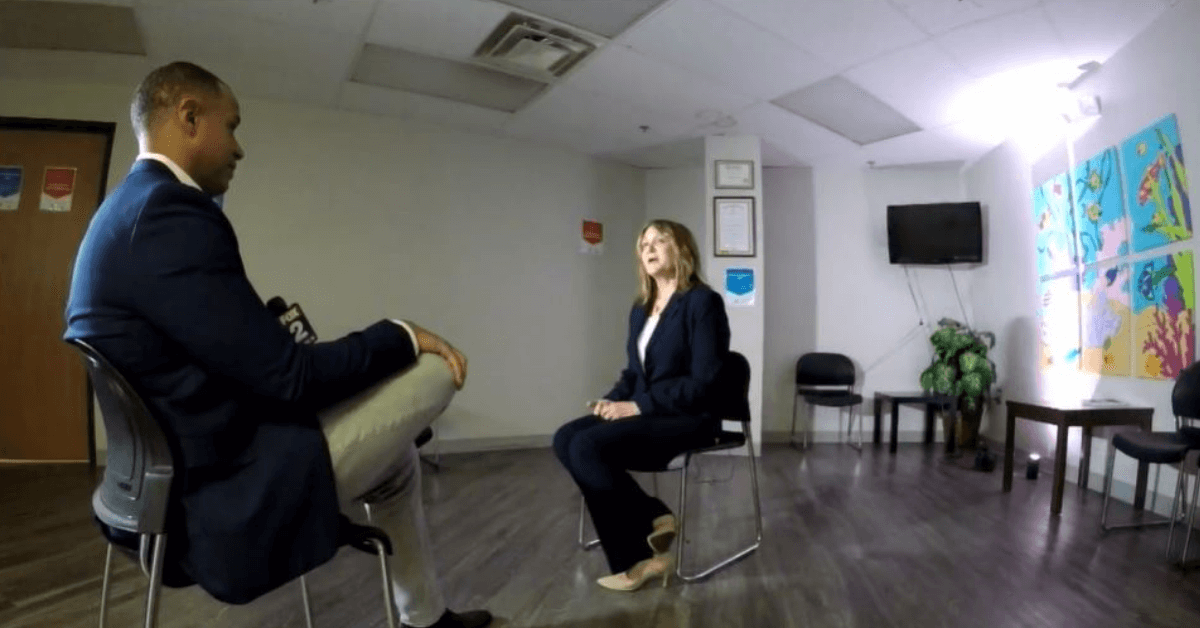Original article written by Josh Landon and Jack Nissen of Fox2Detroit.
DETROIT – While many are welcoming the return to normal with coronavirus restrictions lifting, the old new-normal won’t be so easy for everyone to adapt to.
The pandemic inflicted trauma on many and the consequences on mental health are yet to be determined. But they could be severe.
“We’re really just starting to start to peel the onion back on the effects of the pandemic on people,” said Susan Salhaney, the chief operating officer of the Judson Center.
Salhaney is part of several Metro Detroit mental health organizations that are readying up for those in need of assistance. The first question many future clients may be asking is where do you start?
“Wow, it’s tough. it depends on what kind of person you are, do you like to be around a lot of people? Do you not like to be around people? I’ve seen the full range,” said Dana Lasenby, CEO of the Oakland Community Health Network.
“People really enjoyed staying in isolation. Other people, hate it,” she added.
“Those like myself – we like to engage with other people. We enjoy being out and meeting other people. Then there’s just having control of doing what you want to do.”
Agencies in Oakland, as well as in Wayne and Macomb counties are all offering resources online.
“We see people for behavioral health conditions. Stress, anxiety, depression, more serious mental illness,” Salhaney said. “Then we also see people here for health care. So we’re also a family health care practice.”
At the Detroit Wayne Integrated Health Network, the agency is offering mental health checkups on its website.
“It’s just a very simple assessment that folks can go through,” said Eric Doea, Interim CEO of the Detroit Wayne Integrated Health Network. “It’s a soft assessment, asking some simple questions to see what’s going on with you in that moment.”
Along with resources online are 24-hour hotlines available to those in need.
“We’re seeing people that continue to struggle with the stress of re-entry into the workforce. Stress for children for reentering school. People are afraid,” Salhaney said. “They’re still afraid for their health. They still have high anxiety about the pandemic and if things are going to continue to roller coaster and resurge.”
At DWIHN, they took the proactive measure of reaching out to their providers first.
“We started contacting our providers directly,” Doea said. “‘Hey, what can we do? How can we help?’ We know kids are out here and in need of services. We started to work with our different school districts. How can we bridge that gap?”
Read the original article and more at Fox2Detriot.com
